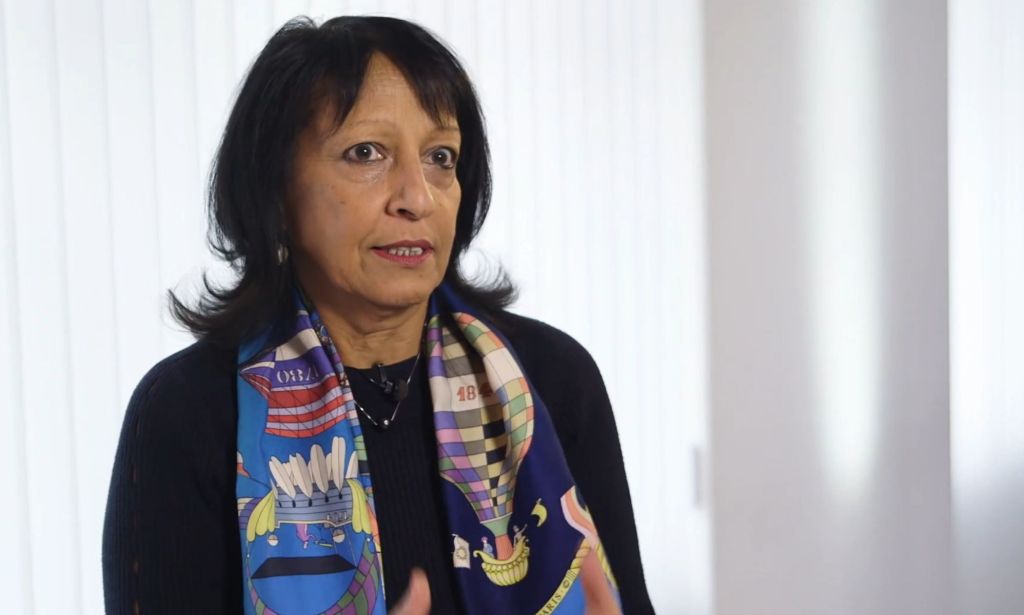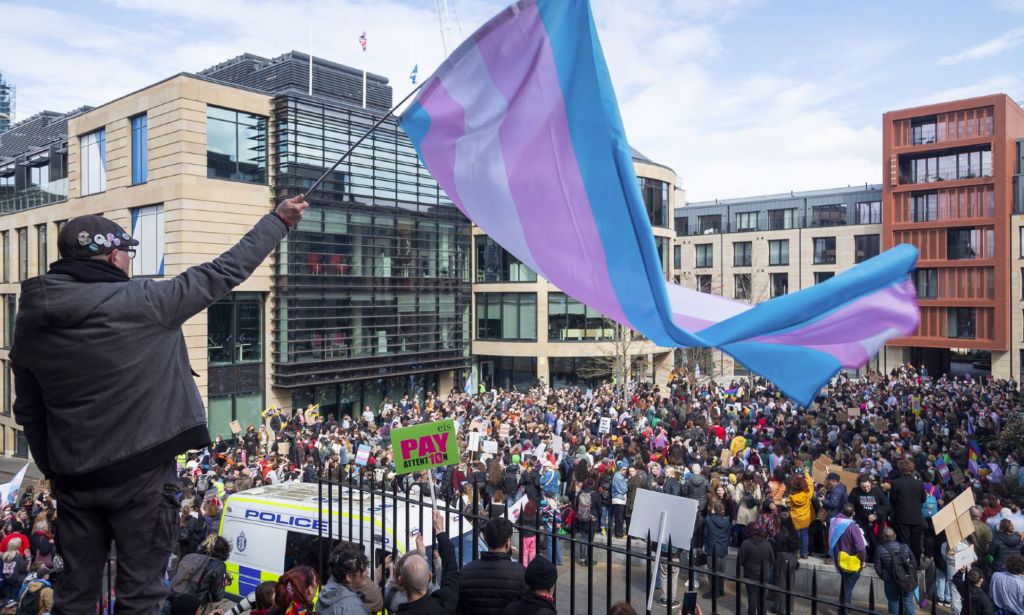Quakers refuse to exclude trans people from their facilities: ‘This is what Love requires of us’
Quakers in Britain have been commended for rejecting claims that a UK Supreme Court ruling prevents trans people from using single-sex spaces.
The Christian group, which represents Quakers, or members of the Society of Friends faith group, argued that a ruling handed down in April, which aims to clarify the 2010 Equality Act’s definitions of women and sex, has not affected the rights of trans people to use gendered facilities consistent with their birth sex.
In a unanimous ruling, Supreme Court judge Lord Patrick Hodge argued that the terms women and sex in the legislation refer to “biological women” and “biological sex.”
Lord Hodge further noted that the judgement should not be viewed as a “triumph” of one group over another in society.

During the Quakers’ British Yearly Meeting on Sunday (25 May), officials criticised interim guidance brought by the Equality and Human Rights Commission (EHRC), which argued that trans people should be banned from all gendered facilities, including those associated with their birth sex.
The faith group argued the guidance “goes beyond the scope” of the ruling and refused to abide by it, adding: “It is non-statutory and therefore does not have the force of law. We see the Equality Act itself as our primary legal guide when making decisions.”
It further argued that the EHRC’s interim guidance misinterprets a ruling which is “already contested and subject to legal challenge.”
“Nevertheless, the Supreme Court judgment prompts Quakers in Britain to clarify our expectations of how toilet and changing facilities across our state can be used,” a statement continued.
Quakers to keep ‘trans-inclusive’ facilities, officials agree
Officials agreed that the faith group would continue to make its spaces “trans-inclusive”, arguing that it refuses to label something as a single-sex space if it is not “possible or desirable” to monitor facilities to check if they are “truthfully” single-sex.
You may like to watch
It will continue to provide “sufficient accessible facilities,” which it says will only be available for “those who need accessible facilities” and will “not normally be made available for general use to resolve issues around sex and gender, as this would further disadvantage people with disabilities.”
“The rights and inclusion of people belonging to our communities and using our buildings are not, and should not be, just about toilets,” a Trustee said during the meeting. “We will continue to work to make our corner of the Commonwealth of Heaven on Earth a more welcoming and accessible place. This is what Love requires of us.”

The decision to maintain its trans-inclusive policies is consistent with the historical beliefs of the Quakers, who emphasise that a relationship with God can be achieved for everyone, regardless of their background.
“Belonging is being accepted as one’s true self”
In 2023, Quakers in Britain senior staff member, Paul Parker, joined more than 215 charities in signing a pledge to stand with trans people amid the rise of transphobia across the globe.
He told PinkNews at the time that it is a fundamental Quaker belief that “Belonging is being accepted as one’s true self.”
“Who are we to resist what God has created and continues to create in all their glory?” he said. “I want our Quaker communities and workplaces to reflect this fully.”
Despite this, Sex Matters founder and “gender-critical” pundit, Helen Joyce, attempted to lecture Quakers on their own beliefs, arguing to The Telegraph that 17th-century Quakers would be “shocked and ashamed” at the group’s commitment to inclusion.